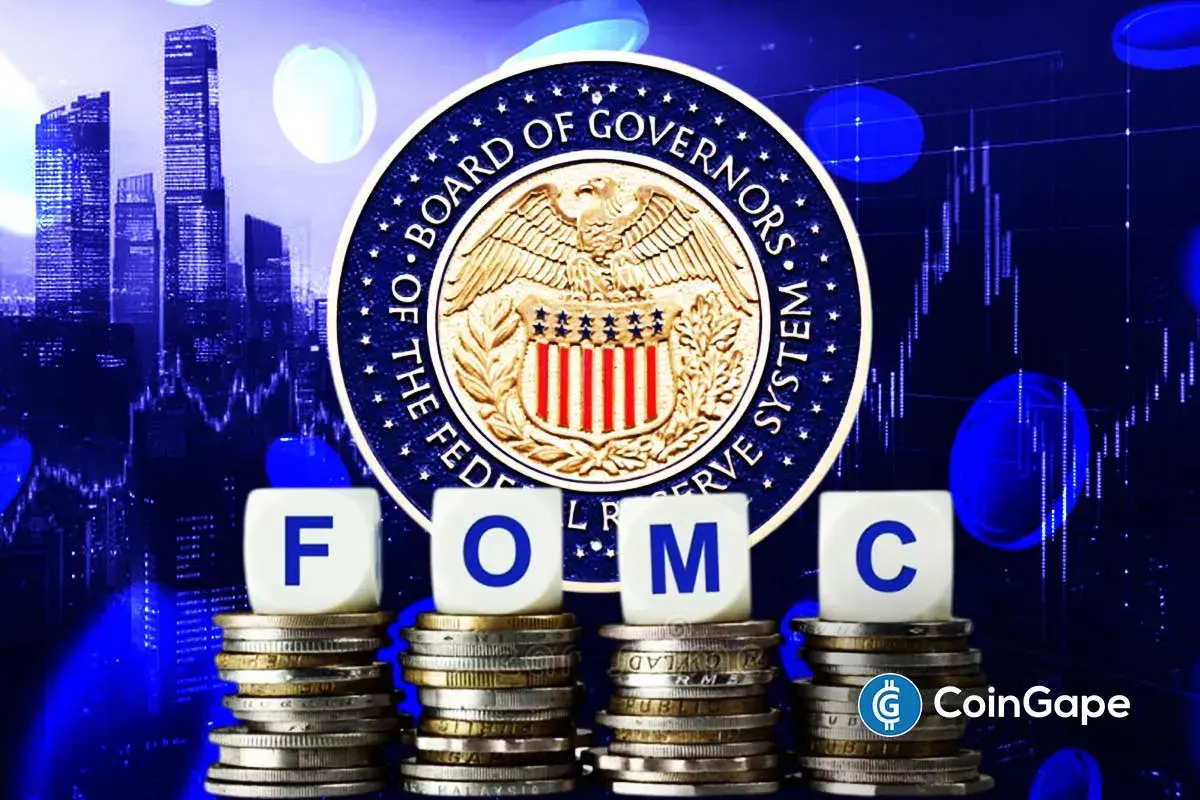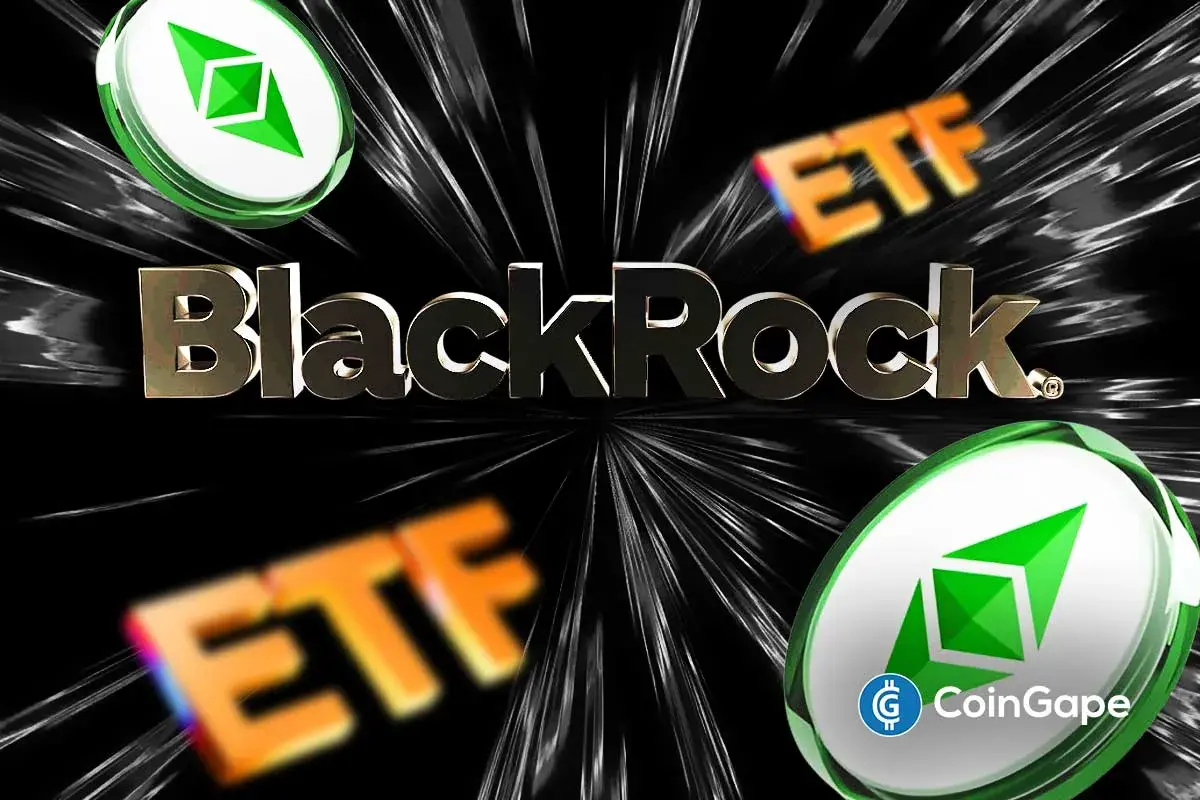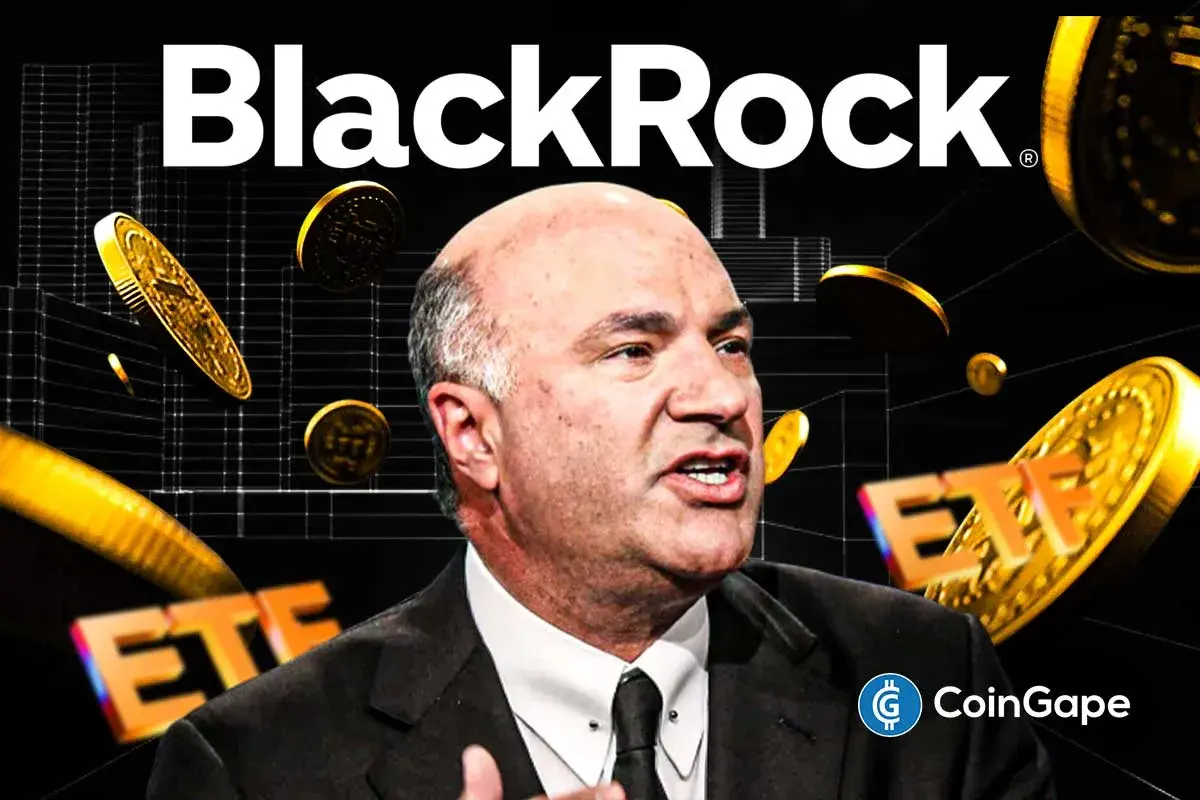Breaking: US SEC and TrueUSD Issuer TrustToken Settles Securities Charges

Highlights
- US SEC has settled its charges against TrueCoin, TUSD issuer
- The regulator has intensied its crackdown lately
- Despite the enforcements, some commissioners do not agree with the body's categorization of crypto as securities
The US Securities and Exchange Commission (SEC) has announced charges settlement with TrustToken, the issuer of the TrueUSD stablecoin. TrustToken and TrueCoin were both named in the settlement as the markets regulator said they offer unregistered securities to investors.
US SEC and the TrueUSD Genesis
It is not uncommon to find the Gary Gensler-led commission drag crypto and Web3 companies for fraud charges. The regulator specifically said the firms offered TUSD as an unregistered investment contract. Per the announcement, the regulator described TrueUSD as a “purported stablecoin,” and then sued both firms with false marketing claims related to the safety and backing of the USD-backed token.
The US SEC also claimed that the smart-contract enabled lending platform controlled by the duo – TrueFi operated as an securities brokerage. The exact charges encompasses activities conducted from November 2020 until April 2023. According to Jorge G. Tenreiro, the Acting Chief of the SEC’s Crypto Assets & Cyber Unit, TrueCoin and TrustToken made profit at the expense of its investors’ safety.
“This case is a prime example of why registration matters, as investors in these products continue to be deprived of the key information needed to make fully informed decisions,” Tenreiro added.
The companies made no attempt to deny or admit the allegations. Instead, they settled for $700,000 in penalty and disgorgement.
SEC Crackdown on NFTs Amid Regulatory Uncertainty
This settlement comes after the regulator slammed FlyFish Club $750,000 in fines to resolve a securities charge.
The New York-based company was charged for raising approximately $14.8 million through the sales of around 1,600 Non-fungible tokens (NFTs) between August 2021 and May 2022. Noteworthy, these digital collectibles were a means for the firm to market its exclusive memberships. This offering granted holders exclusive access to a planned high-end dining club.
However, the Commission decided that Flyfish’s NFTs qualify as securities under federal law. It cited the potential for resale at higher values and the possibility of earning passive income through leasing as reasons for such categorization.
SEC Commissioners Hester Peirce and Mark T. Uyeda later issued a joint statement, criticizing the agency’s unfair charge. They asserted that the NFTs in question were utility tokens rather than securities. NFT marketplace OpenSea equally received a Well Notice from SEC, underscoring the targeted crackdown of the regulator.
In protest, Pierce and Uyeda emphasized that NFTs should not be stifled by unnecessarily rigid regulatory requirements.
- Jane Street and Abu Dhabi Wealth Fund Mubadala Increase Holdings In BlackRock’s Bitcoin ETF
- FOMC Minutes Drop Tomorrow: Will Crypto Market Rally or Face Fed Shock?
- BlackRock Amends Filing For Staked Ethereum ETF, Eyes 18% of Staking Rewards From ETH Fund
- Arizona Advances Bitcoin, XRP Reserve Bill Using Seized Crypto Assets
- Bitcoin ETF Update: BlackRock Signals BTC Sell-Off as Kevin O’Leary Warns of Decline In Institutional Demand
- Pi Network Price Beats Bitcoin, Ethereum, XRP as Upgrades and Potential CEX Listing Fuels Demand
- 5 Things Dogecoin Price Needs to Hit $0.20 in Feb 2026
- Bitcoin Price Prediction as Experts Warns of Quantum Risks
- Dogecoin, Shiba Inu, Pepe Coin Price Predictions As BTC Crashes Below $68k
- Ethereum Price Outlook as Harvard Shifts Focus from Bitcoin to ETH ETF
- HOOD and COIN Stock Price Forecast as Expert Predicts Bitcoin Price Crash to $10k
















